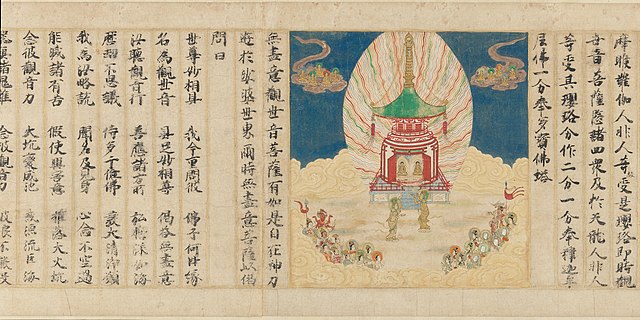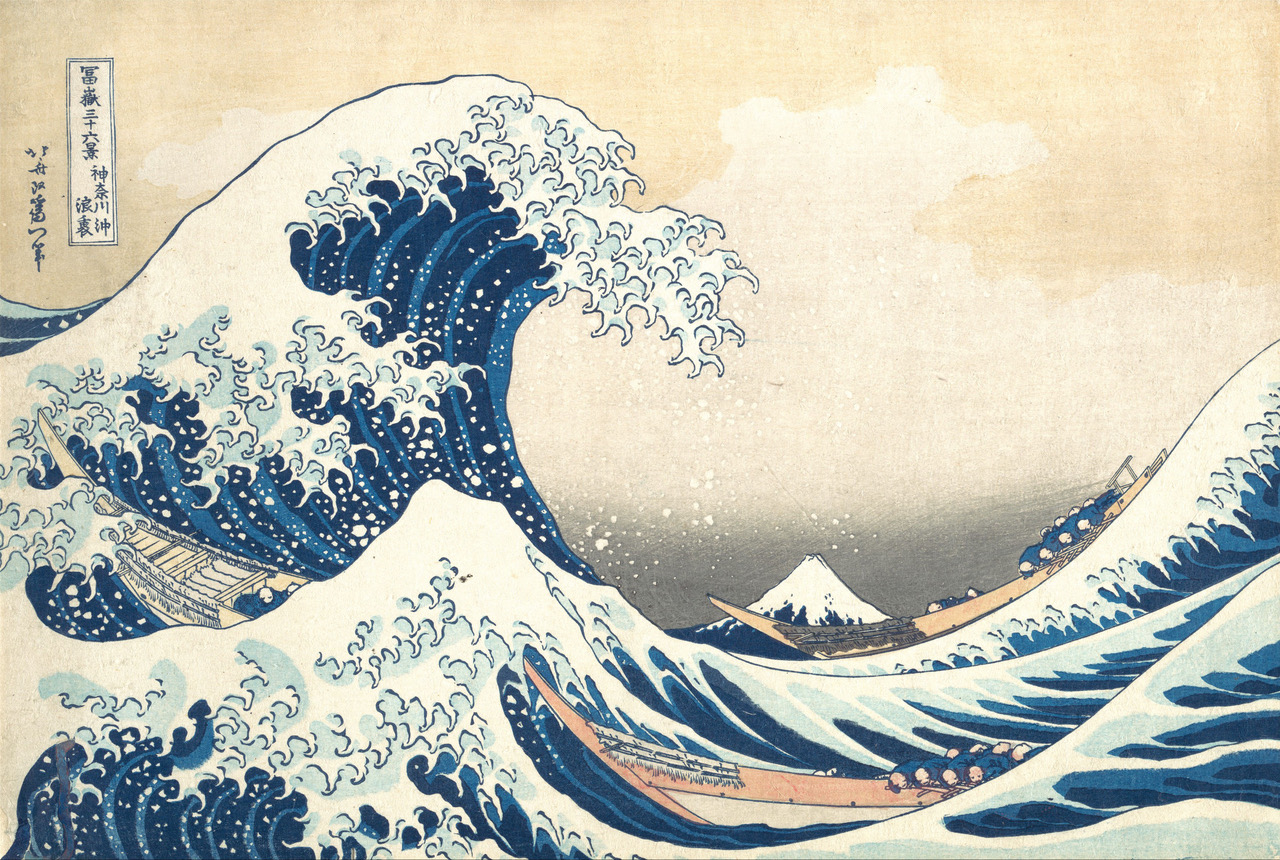
The Lotus Sutra (AKA Saddharmapundarīka sūtra, 妙法蓮華經Miàofǎ liánhúa jīng, Hokke kyō, etc.) is one of the most widely revered scriptures in the world and it is by far the most popular Buddhist text in East Asia. We will read (an English language translation of) this book in its entirety and it will constitute our main focus. We will also be studying various aspects of the philosophy, doctrine, and practice of this sacred text through secondary sources and images. In this class we will range widely, examining, for example, the idea of “skillful means” (a notion that combines ethics and ontology), Buddhist theories of language, practices of the body, visual culture, notions of gender, and other topics. The course assumes a working knowledge of Buddhist doctrine, but even people who have taken a basic course on Buddhism will certainly be stretching to understand some of the material we cover. That is well and as it should be; the topic of Buddhism is a vast and unbounded one, as is indeed the topic of the Lotus Sutra. We will move forward together with an attitude of mutual respect and joint exploration. Towards that end, pairs or trios of students will be responsible for introducing the week’s reading and leading discussion each class meeting. We will establish this order at the second class meeting on 1/30. This course will demonstrate how one book can contain worlds and inspire centuries of philosophical development, doctrinal debate, literary production, artistic endeavor, and ascetic practice.
The learning goals of this class can be summarized under three rubrics: 1) becoming better readers; 2) developing proficiency in oral presentation and in the facilitation of group discussion; 3) working towards mastery in research and writing. While the “content” of this course is very interesting and valuable, the deeper point is to focus on growing as a reader and a communicator. The practice that you have here in comprehending difficult and unfamiliar material and making intelligible and relevant to yourself and others is the real work. The ultimate objective is to sharpen your skills of reasoning and analysis through thinking, writing, and talking while learning more about Buddhism.
The learning goals of this class can be summarized under three rubrics: 1) becoming better readers; 2) developing proficiency in oral presentation and in the facilitation of group discussion; 3) working towards mastery in research and writing. While the “content” of this course is very interesting and valuable, the deeper point is to focus on growing as a reader and a communicator. The practice that you have here in comprehending difficult and unfamiliar material and making intelligible and relevant to yourself and others is the real work. The ultimate objective is to sharpen your skills of reasoning and analysis through thinking, writing, and talking while learning more about Buddhism.
- Teacher: Hank Glassman
